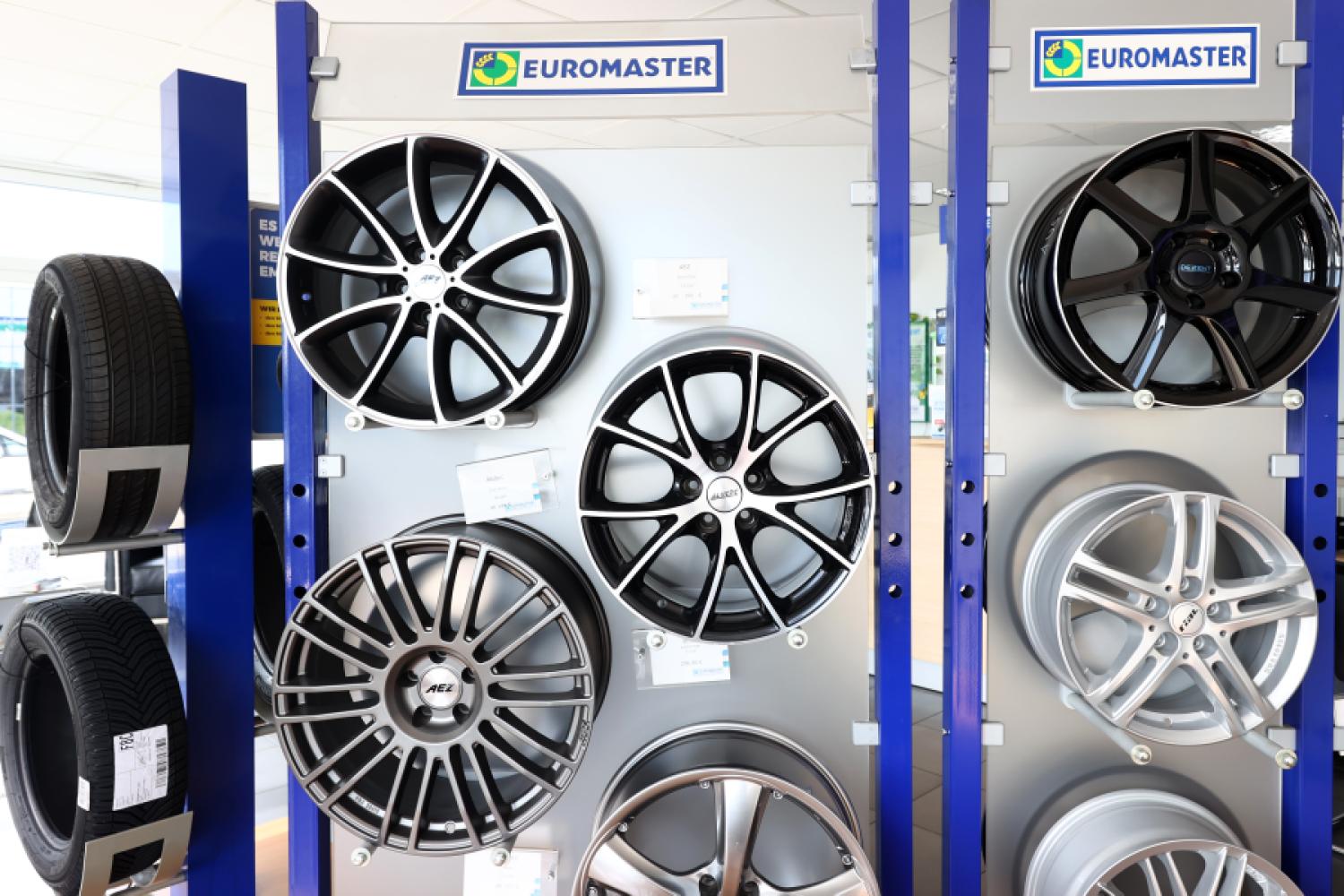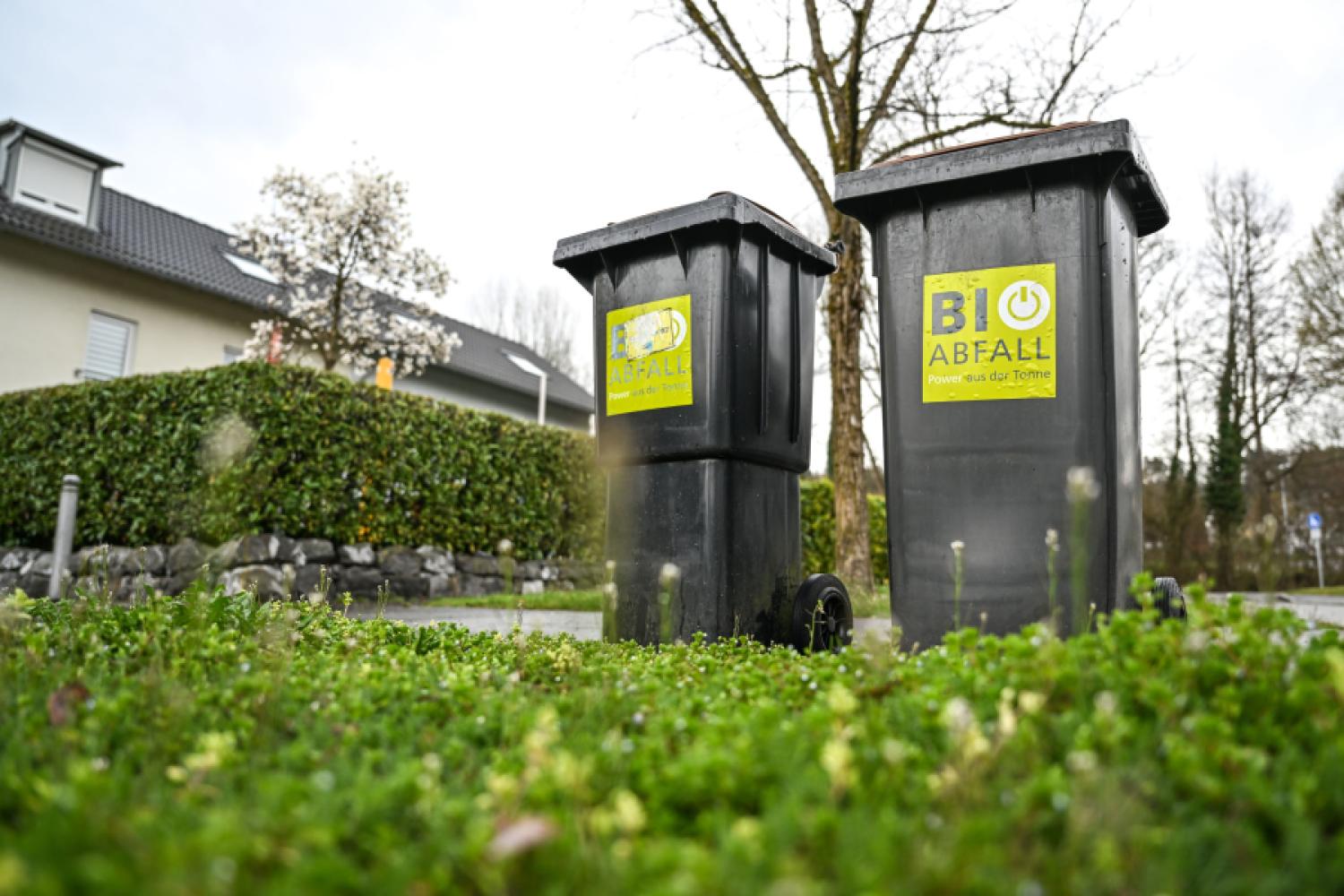The ADAC is critical of the postponement of the electricity tax reduction for private households for an indefinite period. The coalition still owes answers on what a relief concept for consumers should look like in view of the prospectively rising CO2 prices for heating and transport.
“The electricity tax reduction would be an important component to counteract an expected increase in the overall burden in both areas,” says ADAC Transport President Gerhard Hillebrand.
At the same time, a lower electricity price would provide a short-term impetus for climate protection and make the use of electric cars more attractive. The planned network fee reduction is only intended to implement part of the coalition agreement’s promised electricity price reduction. It remains to be seen what will ultimately reach the consumer along the value chain. The ADAC demands that the energy industry fully pass on the relief through reduced electricity prices, so that the relief of electricity consumers amounting to 6.5 billion euros
from the Climate and Transformation Fund (KTF), as promised by the coalition committee, actually reaches exactly that point.
Penalties: Less climate protection poses budget risks
In view of the budget situation and the priorities set by the coalition, the ADAC points out that the lack of success in climate protection will lead to budget risks for the federal government in the coming years. According to EU burden sharing, the federal government must purchase CO2 emission rights from other member states if there is too little progress in reducing emissions in the transport, heating, and agriculture sectors. This could lead to billion-euro burdens on the federal budget. Therefore, it is more advantageous to use financial resources to achieve progress in CO2 reduction in transport. The federal government should therefore invest in climate protection in the short term and support consumers on the path to climate-neutral mobility.
VDIK: Government has squandered opportunities
The Association of International Motor Vehicle Manufacturers (VDIK) also expressed
its regret that the new federal government had squandered two opportunities to promote electromobility within a few days. First, the expansion of the innovation booster to vehicles used commercially and leased, and now the decision not to implement the planned reduction of the electricity tax for consumers as announced, the association complains.
“We are disappointed that the government coalition has now withdrawn the promised reduction of the electricity tax. We urgently need the announced measures to promote e-mobility in order to achieve a share of well over 20 percent BEVs in new registrations and thus meet the CO2 fleet limits. The federal government is certainly not providing positive impulses for private e-car buyers,” explained VDIK President Imelda Labbé.
BEV growth still far too low
From the association’s point of view, the growth of BEV registrations is still too low and continues to be glossed over by the slump in new registrations in 2024. In the segment of purely battery-electric cars
(BEVs), new registrations from January to June 2025 amounted to 248,726 vehicles, representing a growth of 35.1 percent compared to the same period the previous year. The market share of BEVs in the first half of 2025 was 17.7 percent, still below the level necessary for achieving CO2 targets. International brands accounted for approximately 39.5 percent of all BEV new registrations, increasing their share by 2.8 percentage points compared to the same period the previous year.
In June 2025, 47,163 BEVs were newly registered, an increase of 8.6 percent compared to the previous year’s month. The BEV market share was 18.4 percent, around 3.8 percentage points higher than in the same month of the previous year. The new registrations of international brands increased above average in June, by an estimated 16.9 percent to 20,095 vehicles. In total, 1,402,789 cars were newly registered in Germany in the first half of 2025, a decrease of 4.7 percent compared to the same period






